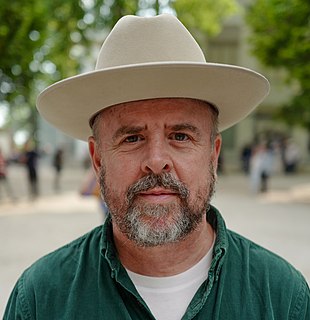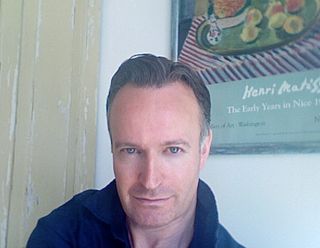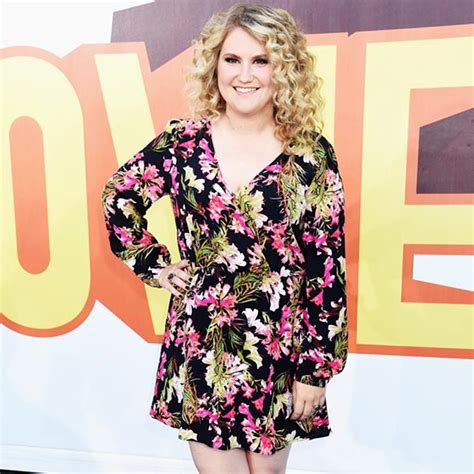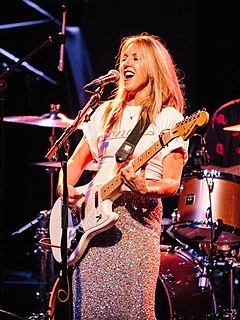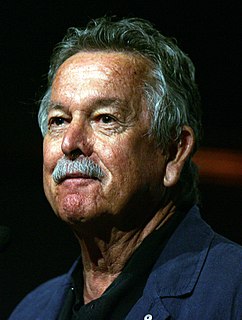A Quote by Francisco Goldman
Interviewing is in some ways the art of memory.
Quote Topics
Related Quotes
As you may know, my motto is: "All memory is fiction." It could just as easily be: "All fiction is memory." Unpacked, these two statements defy the ease of logic, but offer some really important truths about narrative art, at the very least, and about memory. So I would say that all art is personal.
So many people that we met had some sort of connection to the [Olympics] games. Some story about how they volunteered there, or some sort of memory of it. It still is in the cultural memory and identity of these cities as much as it is in the physical and architectural memory. It's where these two things overlap, I think, that we're trying to explore with the photos.
But pain may be a gift to us. Remember, after all, that pain is one of the ways we register in memory the things that vanish, that are taken away. We fix them in our minds forever by yearning, by pain, by crying out. Pain, the pain that seems unbearable at the time, is memory's first imprinting step, the cornerstone of the temple we erect inside us in memory of the dead. Pain is part of memory, and memory is a God-given gift.



